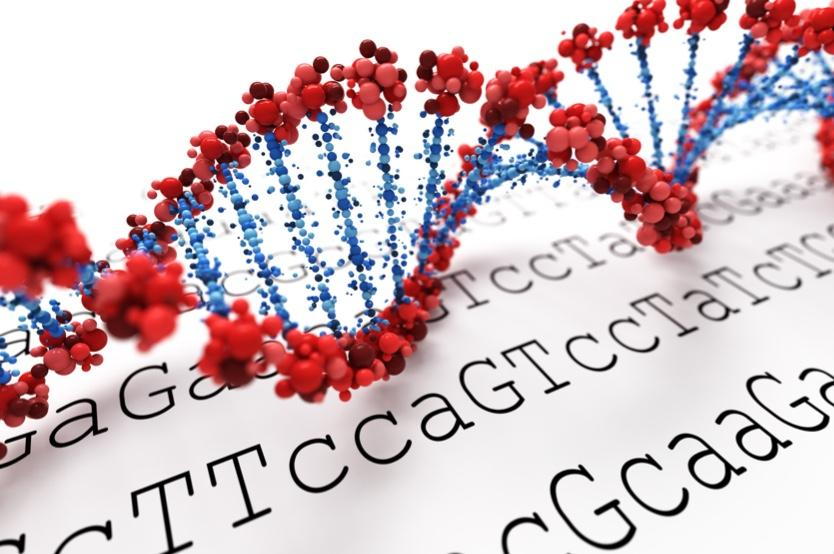
The Importance of Heredity in Regards to Your Oral Health
Brushing, flossing, and having regular dental cleanings are typically the first things that come to mind when we think about maintaining good oral health. However, genetics also play a crucial influence in defining not only the condition of your teeth and gums but also the status of your oral health overall. This article will discuss the relationship between genetics and dental health, as well as the steps you can take to maintain good oral hygiene even if you have a family history that makes you more likely to have dental issues.
1. The Formation of Teeth One of the most important contributors to the formation of your teeth is your genetic makeup. Your teeth, like the majority of other structures in your body, are influenced by your genes. The number of teeth you have, as well as their shape, size, and even where they are located in your mouth, are all determined by your genetic makeup. Because of their genetic makeup, certain individuals' teeth, for instance, are more susceptible to developing cavities or are more sensitive to the effects of acids.
2. The Oral Microbiome: Your mouth is home to a diverse community of bacteria that are important to your oral health and play a part in its maintenance. According to a number of studies, your genetics have a significant role in determining the makeup of your oral microbiome. Others may have a microbiome that is more likely to cause problems such as cavities or bad breath, while still, others have a microbiome that is more likely to protect them from these problems. The good news is that you are able to affect your oral microbiota by maintaining good dental hygiene and paying attention to what you eat.
3. Periodontal Disease: The passing down of certain genes can potentially contribute to the development of periodontal disease. According to the findings of several studies, certain people's genes make them more likely to develop gum disease. This is because the immune systems of certain people are not as strong as those of other people when it comes to fighting off the germs that cause gum disease. The development of gum disease can be caused by a combination of factors, including heredity and lifestyle choices such as smoking, not practicing good oral hygiene, and experiencing stress.
4. The strength of the enamel is the layer that covers the teeth on the outside and has an important function in preventing damage to the teeth. Your enamel's resistance to wear and tear is mostly determined by your genes. Certain individuals have enamel that is stronger than average and is therefore less likely to chip, crack, or rot. However, other environmental factors, such as food and dental cleanliness, play a crucial part as well in the process of keeping enamel strong.
5. Prevention: Although your family history can have an impact on your oral health, there are a number of things you can do to reduce your risk of developing dental issues. Maintaining good oral health requires a number of different things, including good dental cleanliness, a healthy diet, and frequent checkups with the dentist. In addition, if you have a family history of dental issues, your dentist may advise you to take further precautions, such as receiving fluoride treatments or having your teeth cleaned more frequently.
In the grand scheme of things, our oral health is heavily influenced by genetics. They determine the size, shape, and strength of our teeth, as well as the composition of our oral microbiome and whether or not we are likely to develop gum disease. Genes are not, however, the only element that might influence oral health. Even if you have a genetic tendency for dental problems, practicing good oral hygiene, eating a balanced diet, and going in for regular checkups are all things that can help you keep strong and healthy teeth and gums. Therefore, maintain a good oral hygiene routine by brushing, flossing, and going to the dentist on a regular basis, and your teeth will be grateful to you for many years to come.
